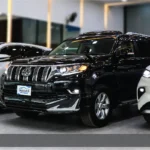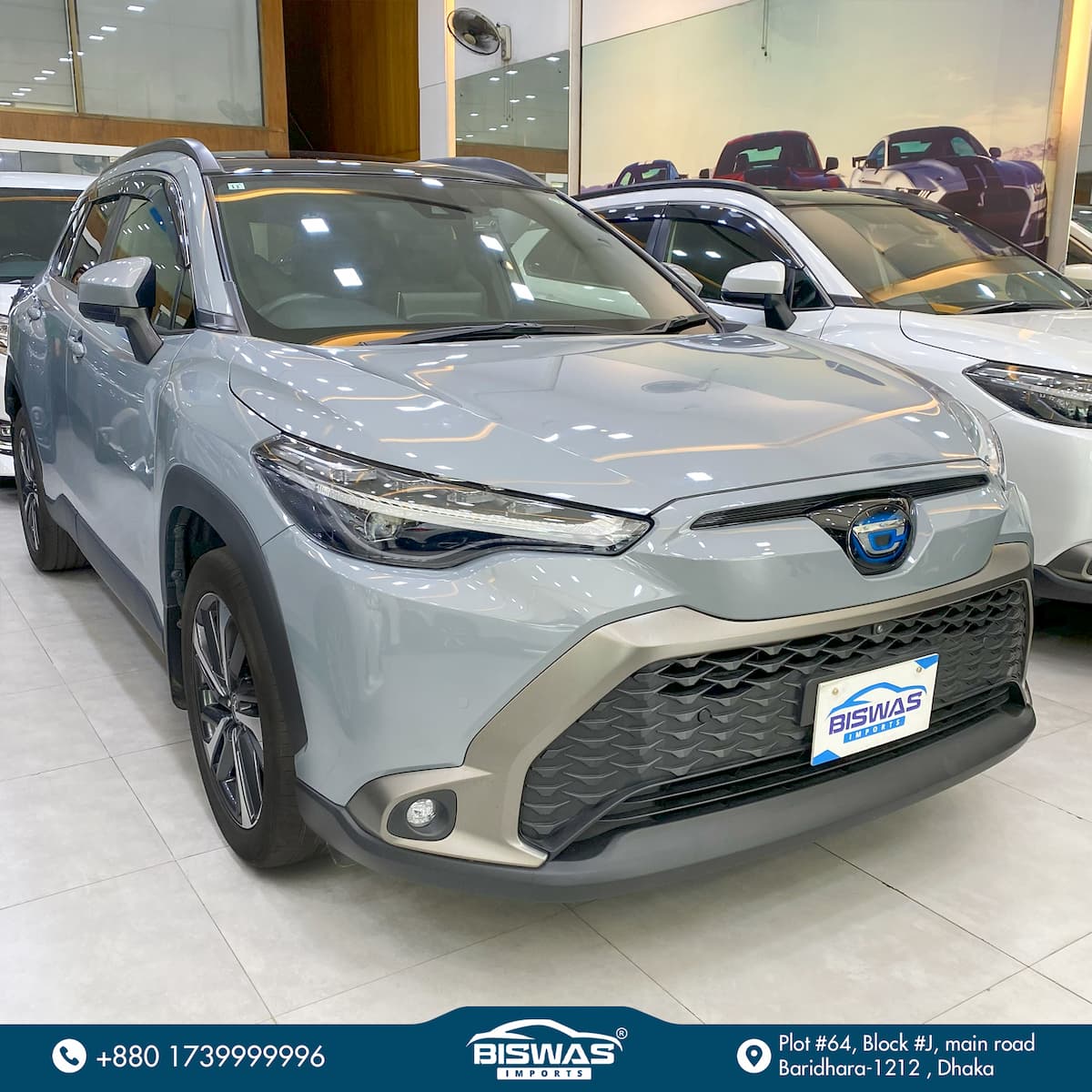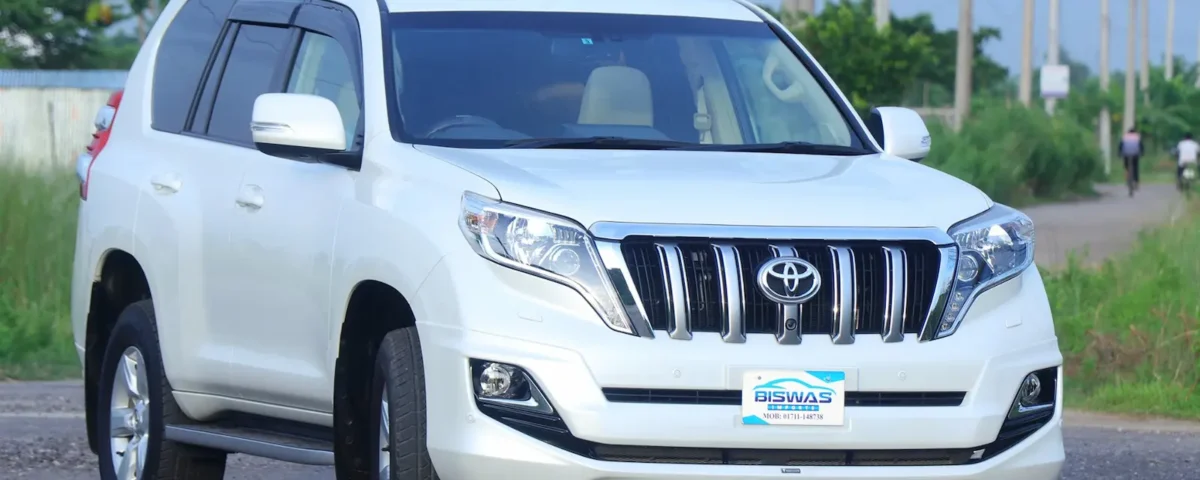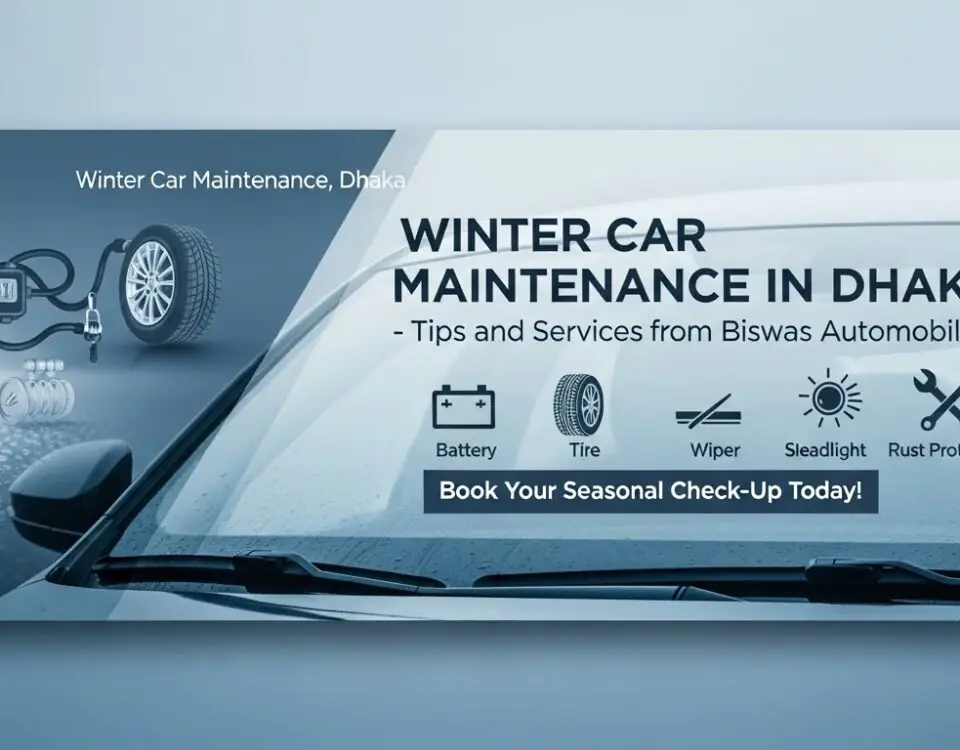
Why Buy Your Used Car from Biswas Imports? Trusted Certified Car Dealer in Bangladesh
July 31, 2025
Hybrid Car Service in Dhaka | Expert Hybrid Car Maintenance & Repairs
August 11, 2025Car Importing Made Easy in Bangladesh: A Complete Step-by-Step Guide to Ordering Your Dream Japanese Car
Are you dreaming of owning a high-quality Japanese car like a Toyota Axio, Honda Vezel, or Nissan X-Trail—but feel overwhelmed by the car importing process in Bangladesh? You’re not alone.
With rising prices in the local market and limited choices for reliable used cars, more and more Bangladeshi car buyers are turning to Japan for better deals and better vehicles. Japanese cars are known for their superior condition, genuine mileage, and lower overall cost—even after import duties. But without the right guidance, importing can seem complicated or even risky.
That’s exactly why we created this guide. In this blog, you’ll learn everything you need to confidently import your dream car to Bangladesh—from choosing the right model to clearing customs. Whether you’re a first-time buyer or a car enthusiast, we’ll break it all down into simple steps.
Ready to unlock a world of better cars at better prices? Let’s begin.

Step-by-Step Car Import Process in Bangladesh
Importing a Japanese reconditioned car to Bangladesh is easier than most people think—if you follow the right process. Here’s a simple step-by-step guide to help you understand how to securely order, ship, and register your dream vehicle without stress or hidden issues.
Step 1: Choose a Trusted Japanese Car Exporter
Start by selecting a reliable exporter who specializes in shipping reconditioned vehicles to Bangladesh. Look for companies that offer authentic auction sheets, real mileage records, and transparent pricing. Trusted names like Biswas Imports work directly with Japanese auction houses and provide end-to-end support.
Step 2: Pre-Order Booking & Initial Payment
Once you’ve shortlisted your desired vehicle, you’ll need to confirm your booking by paying a refundable deposit or a small advance payment. This allows the exporter to secure the car at auction or reserve a ready-stock vehicle for you.
Step 3: Finalizing Vehicle and Documentation
After the vehicle is purchased, your exporter will send detailed photos, the auction sheet, chassis number, and export documents. Once you approve, you’ll make the final payment. The exporter will then arrange the shipping and provide a Bill of Lading and other customs papers.
Step 4: Car Shipping and Tracking
The car is shipped via sea freight—usually from ports like Yokohama or Nagoya to Chattogram Port in Bangladesh. This process typically takes 3 to 6 weeks. You’ll receive a tracking number to monitor your shipment throughout the journey.
Step 5: Port Clearance & Local Registration
Once the car arrives at port, your agent will handle customs clearance, taxes, and duties. After that, your vehicle will be registered with BRTA, and you’ll receive your number plate, fitness certificate, and registration card. Now your car is road-ready!
Bangladesh Car Import Rules & Eligibility Criteria
Before importing a reconditioned car from Japan or any other country, it’s important to understand Bangladesh’s strict import regulations. These rules are set by the National Board of Revenue (NBR) and enforced at ports and during registration by BRTA. Violating any of these can lead to hefty fines, delays, or even seizure of the vehicle. Below are the key criteria:
Year/Model Restriction (Max 5 Years for Cars)
Bangladesh allows the import of reconditioned cars up to 5 years old from the manufacturing year. This means:
- If you are importing in 2025, only vehicles manufactured in 2020 or later are eligible.
- The date is calculated based on the manufacture year, not the registration or auction year.
- Even if the car is in excellent condition, a 6-year-old model will be denied entry.
Only Right-Hand Drive (RHD) Allowed
Since Bangladesh follows left-hand traffic rules, only right-hand drive (RHD) vehicles are permitted.
- Left-hand drive (LHD) vehicles are completely banned, even for private or special use.
- Customs will reject clearance for any LHD vehicle, and no registration will be issued by BRTA.
Age Limit for Different Vehicle Types
The age limit varies depending on the type of vehicle being imported:
| Vehicle Type | Max Age Allowed |
| Private Cars | 5 Years |
| Microbuses | 10 Years |
| Commercial Trucks | 15 Years |
| Hybrid Vehicles | 5 Years |
| Electric Vehicles (EV) | 5 Years |
| Ambulances | 5–10 Years (Special case with clearance) |
These limits apply from the manufacturing date and are strictly verified through documents like auction sheets and export certificates.
Vehicle Category Allowances (Car, Microbus, SUV, Hybrid, EV)
The following categories are allowed to be imported for personal or commercial use, subject to the age and tax regulations:
- Sedans/Hatchbacks (1500cc–2000cc): Common for private use
- SUVs and Jeeps (up to 3000cc): Higher duty rates apply
- Microbuses and Vans: Often used for schools, offices, and tours
- Hybrid Vehicles: Get partial tax rebates based on engine size
- Electric Vehicles (EVs): Enjoy lower import duty, but still subject to registration conditions
- Luxury Vehicles (above 3000cc): Require special NOC and have very high duties
Some categories may also have quota limits or require special import permits from government agencies.
Required Documents for Car Import & Port Clearance
Importing a car into Bangladesh involves several important documents to ensure legal compliance and smooth clearance at the port. Here’s a detailed look at each required document:
Import Permit (IP)
This is a mandatory document issued by the Ministry of Commerce in Bangladesh. The Import Permit authorizes you to bring the vehicle into the country. You must apply for it before shipment, providing details like the vehicle type, model, and value. Without a valid IP, customs will not allow the car to be cleared.
Invoice & Bill of Lading
- Invoice: This commercial document from the seller details the car’s price, specifications, and seller information. It is essential for calculating customs duties and taxes.
- Bill of Lading: Issued by the shipping company, this document confirms the vehicle is on board the vessel. It includes shipment details such as vessel name, departure and arrival ports, and the consignee’s information.
Inspection Certificate (JEVIC or Equivalent)
The inspection certificate verifies that the vehicle has passed a quality check, including emissions and safety standards. JEVIC (Japan Export Vehicle Inspection Center) is a well-known agency providing these reports. This certificate confirms the vehicle meets import requirements and is free from major defects.
Passport/Trade License/National ID
These are identification documents proving the importer’s identity:
- For individual buyers, a passport or national ID card is required.
- For businesses, a valid trade license is needed to show legal authority to import goods.
Customs Declaration
This document is submitted by your Clearing & Forwarding (C&F) agent to customs authorities. It contains detailed information about the vehicle, its value, taxes owed, and other shipment details. The customs office uses this declaration to assess duties and finalize clearance.
Ensuring all these documents are complete, accurate, and submitted on time will help avoid delays, fines, or rejection of your car at the port. Working with experienced importers and C&F agents, like Biswas Imports, can make this process easier and stress-free.
Duties, Taxes & Fees for Importing a Car
Importing a car into Bangladesh involves several taxes and fees. Understanding these charges helps you plan your budget better and avoid surprises during the import process.
Customs Duty & Supplementary Duty
Customs duty is the main tax applied to imported vehicles. It varies depending on the car’s engine size and type. In addition, a supplementary duty is added based on the vehicle category and value. Together, these can significantly affect the final cost of your imported car.
VAT, Advance Income Tax (AIT), Advance Trade VAT (ATV)
- Value Added Tax (VAT): A 15% VAT is charged on the total cost of the vehicle, including customs duty.
- Advance Income Tax (AIT): This tax, usually 5%, is withheld at import and adjustable against income tax liabilities.
- Advance Trade VAT (ATV): Applied at 1%, this tax covers trade transactions and is also adjustable later.
Duties, Taxes & Fees for Importing a Car
When importing a car into Bangladesh, buyers must be aware of several duties, taxes, and fees that affect the total cost. Understanding these charges helps avoid surprises and plan your budget effectively.
Customs Duty & Supplementary Duty
Customs duty is the main tax applied based on the car’s value, engine capacity, and type. It varies significantly depending on whether the vehicle is new, used, hybrid, or electric. Supplementary duty is an additional tax that can raise the overall cost, especially on luxury or high-engine-capacity vehicles.
VAT, Advance Income Tax (AIT), Advance Trade VAT (ATV)
Value Added Tax (VAT) is charged at a fixed rate on top of customs and supplementary duties. Additionally, Advance Income Tax (AIT) and Advance Trade VAT (ATV) are withheld at import and can be adjusted against your final tax liability.
Hybrid & EV Tax Rebates (If Applicable)
To encourage green mobility, the government offers tax rebates and reduced duty rates on hybrid and electric vehicles (EVs), particularly for locally assembled or manufactured models. These incentives can significantly lower the import costs compared to traditional fuel cars.
Example Tax Chart (Based on Engine CC)
| Engine Capacity (cc) | Approximate Total Tax Rate (%) |
| Up to 1000 cc | 80% – 100% |
| 1001 – 1500 cc | 90% – 110% |
| 1501 – 2000 cc | 100% – 130% |
| Above 2000 cc | 120% – 200%+ |
Note: Hybrid and EV vehicles generally enjoy lower rates.
Shipping Details & Delivery Timeline
Importing a car from Japan to Bangladesh involves several key steps related to shipping. Knowing these details helps buyers track their vehicle and plan accordingly.
Shipping Ports Used
Most cars ship from major Japanese ports such as Yokohama or Osaka. In Bangladesh, the main entry points are the ports of Chittagong and Mongla. These ports handle customs clearance and vehicle inspection before delivery.
Vessel Schedule & Time of Shipment
Shipping vessels follow scheduled departures, typically once every one to two weeks from Japanese ports to Bangladesh. It is important to book your shipment early to align with these schedules and avoid delays.
Average Transit Time
The transit time for sea freight usually ranges between 25 and 40 days. This period includes loading, ocean travel, unloading at the destination port, and customs clearance. Weather conditions and port congestion can occasionally affect this timeline.
How to Avoid Scams When Importing Cars
Importing a car can be risky without the right precautions. Follow these tips to protect yourself from scams:
- Check Exporter Credentials: Always deal with exporters who are members of trusted organizations like JUMVEA (Japan Used Motor Vehicle Exporters Association). Verified sellers have a reputation to maintain.
- Confirm Chassis Number and Auction Sheet: Verify the vehicle’s chassis number matches the auction sheet details. Authentic auction sheets provide transparency about the car’s condition and history.
- Use Secure Payment Methods: Avoid direct payments to unknown sellers. Use escrow services or a Letter of Credit (LC) to ensure your money is safe until you receive the car as promised.
- Watch Out for Fake Websites: Be cautious of websites that look unprofessional or offer deals that seem too good to be true. Always cross-check exporter information and reviews before committing.
Frequently Asked Questions (FAQs)
Can I import a reconditioned car from Japan as an individual?
Yes, individuals are allowed to import reconditioned cars into Bangladesh as long as they meet the government’s regulations, including age and right-hand drive requirements.
What’s the minimum budget for importing a car?
The minimum budget depends on the car model, condition, and taxes. Generally, you should plan for the car price plus import duties, taxes, shipping, and other fees. Consulting with a trusted importer can give you a clearer estimate.
Can freelancers or expats import vehicles?
Yes, freelancers and expatriates can import vehicles. Proper documentation such as trade licenses or residency proofs will be necessary during the import process.
Is it better to use a local importer or import directly?
Using a trusted local importer simplifies the process. They handle paperwork, customs clearance, and vehicle inspection, reducing risks and saving time. Direct import requires familiarity with the process and regulations.
Final Tips for a Smooth Import Experience
- Choose newer models within the allowed age limit to avoid extra taxes and restrictions.
- Use trusted import platforms or verified exporters to ensure vehicle authenticity.
- Consult with a local C&F (Clearing and Forwarding) agent for smooth port clearance and registration.
- Keep backup copies of all important documents, including invoices, permits, and auction sheets.
Get Help with Your Dream Car Import
Need help importing a car from Japan? Contact our expert team for a smooth, reliable, and stress-free import experience. We’ll guide you every step of the way. Reach out today!


